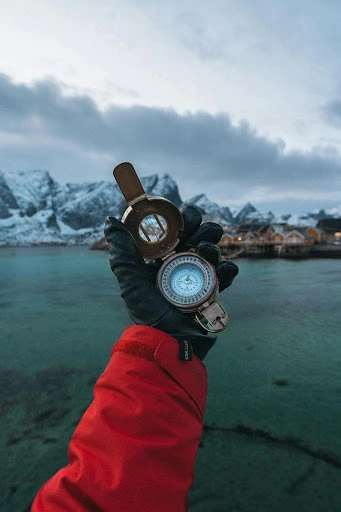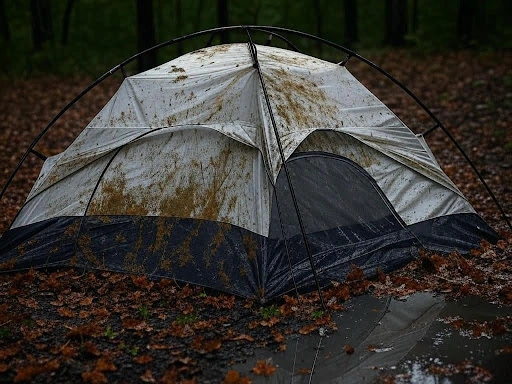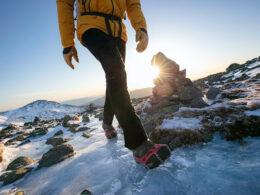Spring ushers in the perfect season to explore the outdoors. With snow melting in higher altitudes and nature steadily blooming back to life, hiking trails and campgrounds begin calling to those who are craving outdoor adventure.
As you prepare your gear, an important question may come to mind: should you rely on a GPS device to navigate, or bring the trusty compass that has guided adventurers for centuries? This article will explain why you should pack both a compass and GPS device if you plan on venturing into areas unknown.
Table of Contents
The Reliability of a Compass vs. GPS
When it comes to navigation, both a compass and a GPS device have their merits. A compass is a simple tool that never runs out of battery, glitches, or depends on external connectivity. It uses the Earth’s magnetic field, making it a reliable option in any environment.
GPS devices offer incredible convenience, providing precise locations and turn-by-turn directions at the touch of a button. However, GPS technology has its limitations. Dense spring foliage or remote areas can block satellite signals, leaving you without guidance when you need it most.
Durability is another key factor. A compass can withstand drops, water, dust, and humidity without losing functionality. While rugged GPS models exist, they are still vulnerable to physical damage or extreme weather conditions.
Using a compass also encourages active engagement with your surroundings, as you interpret maps and landmarks to find your way. This allows you to be in tune with your surroundings and remember locations with greater accuracy. GPS devices, though convenient, can make navigation a more passive experience, potentially leading to an over-reliance on technology.
Pros and Cons of Compass and GPS in Spring Conditions
Compass
Pros:
- Immune to technological failures and battery depletion.
- Lightweight, compact, and easy to pack.
- Enhances spatial awareness and problem-solving skills.
- Works reliably in all weather conditions and remote locations.
Cons:
- Requires basic training and practice for effective use.
- Navigation may take longer without the step-by-step ease of a GPS.
GPS
Pros:
- Provides precise coordinates and turn-by-turn navigation.
- Includes additional features like tracking, elevation data, and routes.
- Offers real-time updates and visual cues for convenience.
Cons:
- Reliance on battery life and good signal strength for functioning.
- Vulnerable to weather disruptions, physical damage, or technical errors.
- Can encourage over-dependence, reducing outdoor survival skills.
In particular, Spring introduces specific challenges that amplify the relevance of traditional navigation tools like the compass. Melting snow can obscure established trails, making routes harder to discern. Sudden weather changes, such as unexpected rain or fog, can hinder GPS reliability.
The Best of Both Worlds
While compasses are quite reliable, GPS devices shouldn’t be dismissed entirely. They make expeditions faster and safer when working as intended. The key lies in preparation. Modern outdoor enthusiasts benefit greatly from familiarity with both tools. Redundancy in navigation equipment prevents unnecessary emergencies.
Pack a compass and map alongside your GPS. Learn to troubleshoot your GPS if signal drops or connections lag. Practice reading a compass and test yourself by plotting basic routes before attempting difficult or remote hikes (it’s a great time to make pacing beads to help measure distance). Basically, a well-rounded approach ensures you can adapt to most situations.
Final Thoughts
Whether you’re embarking on a multi-day trek or a short day hike, these tools are indispensable and should always be packed. Together, they ensure that, at best, you’ll confidently navigate your way back, and at worst, you’ll still know the direction you’re headed.













